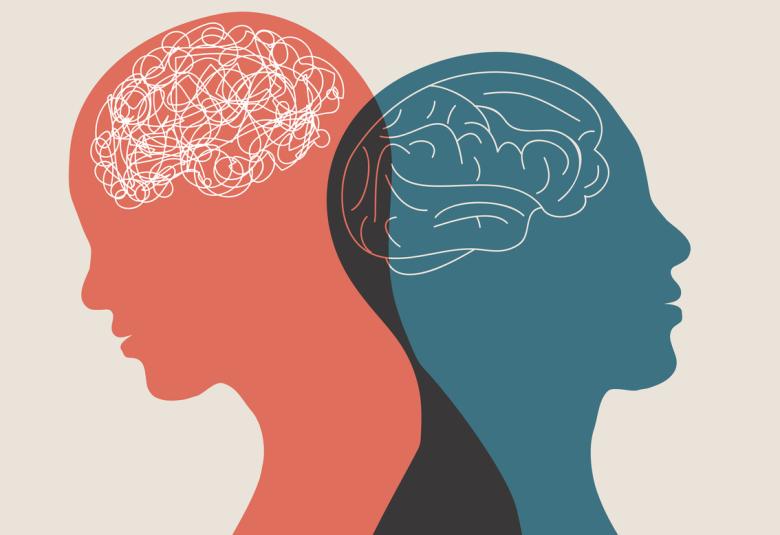Cognition depends upon a complex interaction of brain regions and is often impaired in schizophrenia. Treatment strategies that improve cognition improve patient functioning and quality of life. They include a healthy lifestyle, second-generation antipsychotics, cognitive remediation and aerobic exercise, explained Professor Christoph Correll, Berlin, Germany, and New York, USA at EPA 2022.
Cognitive impairment is common among patients with schizophrenia
Cognitive impairment impacts every aspect of patient functioning and quality of life
Many patients with schizophrenia have cognitive impairment,1 which impacts every aspect of functioning2 and quality of life.3 Treatment of cognitive impairment should therefore be a greater focus for psychiatrists managing patients with schizophrenia, said Professor Correll.
The cognitive impairment can be subdivided into difficulties with: learning and remembering information; organizing, planning and problem solving; accurately perceiving the environment; understanding and using language; processing new information; and focusing, maintaining and shifting attention.4,5
Strategies to improve cognition
Targeted improvements in neural system that improve cognition should translate into better community functioning
Cognition depends upon a complex interaction of brain regions,3 Professor Correll explained, with the word “schizophrenia” meaning a schism between the different cognitive, behavioral and affective networks in the brain.
The hierarchical translational model of treatment effects for cognition proposes that targeted improvements in the neural system (e.g., efficiency of neural processing) in mental illness that improve cognition should translate into better community functioning (e.g., work and social life),6 Professor Correll said.
Antipsychotic control of positive symptoms of schizophrenia, particularly with second-generation antipsychotics improves cognition
Strategies that improve cognition include:
- A healthy lifestyle — metabolic syndrome, diabetes and hypertension are all significantly associated with global cognitive impairment in patients with schizophrenia7
- Antipsychotic control of positive symptoms of schizophrenia, particularly with second-generation antipsychotics8,9
- Cognitive remediation — a behavioral training-based intervention to improve cognitive processes, especially when administered by a trained therapist and integrated with psychosocial rehabilitation10
- Aerobic exercise11
Second-generation antipsychotics, cognitive remediation and aerobic exercise improve cognition with similar, but small effect sizes
The effect sizes of second-generation antipsychotics,9 cognitive remediation12 and aerobic exercise11 on improving cognition are similar and small, however, said Professor Correll. More research is needed to investigate whether the effects might be additive when these treatments are used together.
Our correspondent’s highlights from the symposium are meant as a fair representation of the scientific content presented. The views and opinions expressed on this page do not necessarily reflect those of Lundbeck.




